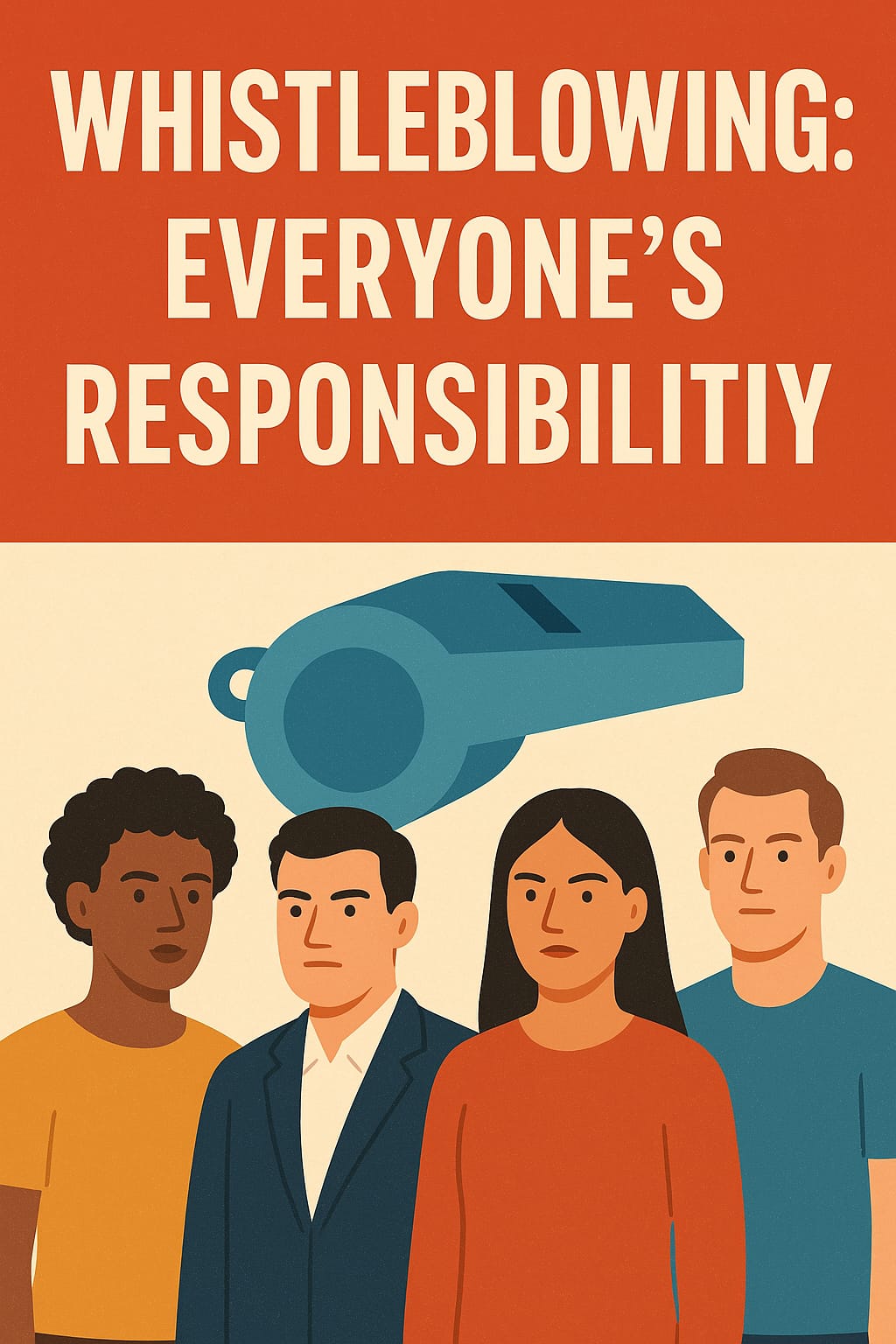By Bilesanmi Abayomi
In Nigeria and around the world, corruption, fraud, and misconduct often thrive in secrecy. However, whistleblowers play a crucial role in exposing unethical and illegal activities, ensuring transparency and accountability in both public and private institutions.
The Role of a Whistleblower
A whistleblower is an individual who discloses wrongdoing within an organization. These revelations may involve financial mismanagement, abuse of power, safety violations, or corruption. Whistleblowers can be employees, former staff, contractors, or external parties with access to critical information.
YOU MAY ALSO LOVE: How Allegations and Petitions Are Handled in Nigeria
However, exposing misconduct often comes at a significant personal cost. Many whistleblowers face retaliation, including job loss, demotion, or harassment. To address these risks, Nigeria introduced the Whistleblower Protection Policy in 2016. This policy not only shields individuals who expose corruption but also offers financial incentives—a percentage of recovered stolen funds—to encourage more people to step forward.
Notable Whistleblowers in Nigeria
Over the years, several individuals have taken bold steps to expose corruption despite facing severe challenges. Some notable whistleblowers include:
Obadiah Mailafia – A former deputy governor of the Central Bank of Nigeria (CBN), who made allegations about the sponsors of terrorism in Nigeria.
Joy Nunieh – A former acting Managing Director of the Niger Delta Development Commission (NDDC), who uncovered corruption and financial mismanagement within the agency.
Nnaemeka Obiaraeri – A financial analyst known for exposing fraud and irregularities in Nigerian financial institutions.
George Uboh – An activist who revealed financial misconduct involving government agencies and top officials.
Abdullahi Bello – A whistleblower whose disclosures about hidden funds in a Nigerian property led to a major anti-corruption investigation.
These individuals underscore the importance of whistleblowing in holding leaders and institutions accountable.
Challenges Facing Whistleblowers
Despite the protection policy, whistleblowers in Nigeria face several challenges. Some individuals have exploited the system by submitting false petitions or forged documents to claim rewards dishonestly. Such fraudulent activities undermine genuine whistleblowing efforts and weaken public trust in the system.
Moreover, retaliation against whistleblowers remains a significant issue. Reports indicate that many who expose corruption suffer career setbacks, social ostracization, and legal threats, discouraging others from speaking out.
The Need for a Whistleblowing Culture
Whistleblowing should not be seen as the responsibility of a few but as a collective duty. Corruption, fraud, and unethical practices affect society at large, leading to economic instability, loss of public funds, and weakened trust in institutions. By speaking out against wrongdoing, individuals contribute to a fairer and more just society.
Encouraging a culture where whistleblowers are respected and protected will strengthen institutions, promote justice, and support national development. As Nigeria continues to battle corruption, safeguarding whistleblowers and reinforcing accountability mechanisms remain critical steps toward a transparent and just society.

